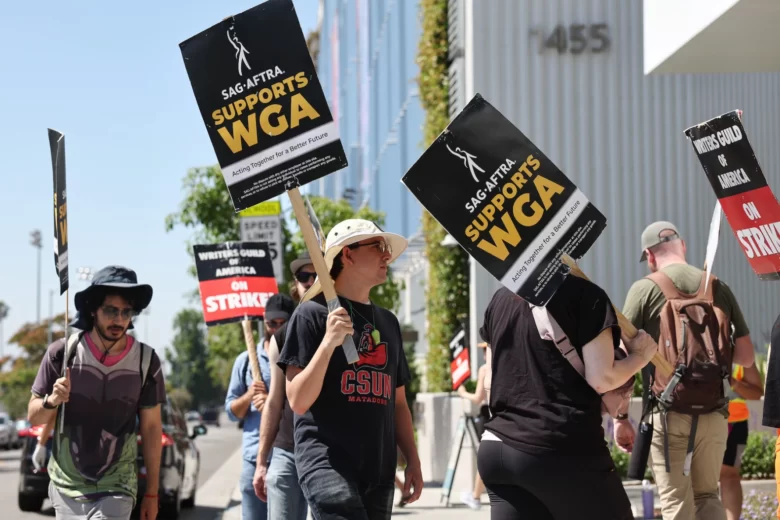The summer vacation box office is in full swing. Last weekend, “Mission: Impossible: Dead Reckoning Part One” took the top spot in the Japanese box office rankings for the first time, winning a battle with the previous week’s “How Do You Live?
The film’s opening three-day attendance in Japan was 692,000 and box office revenue was 1.065 billion yen (roughly $7.6 million).

This figure is 122% higher than the previous film, “Mission: Impossible: Fallout,” which was released in August 2018 and recorded 4.72 billion yen (roughly $33.7 million) in final box-office revenue, and is 122% higher than the previous film starring Tom Cruise, which was released in May 2022 and recorded 13.5 billion yen (roughly $33.7 million) in final box-office revenue. The previous film starring Tom Cruise, “Top Gun Maverick,” was released in May 2022 and grossed 13.5 billion yen (roughly $97 million), a 92% share of the box office.
Even if the final box office of “Top Gun Maverick,” which has become a social phenomenon, is too irregular to be used as a reference, at this rate, it is well within the range of surpassing the previous film, “Mission: Impossible: Fallout. From the box office standpoint, it is regrettable that Tom Cruise’s promotional visit to Japan just prior to the film’s release was cancelled due to the provisions of the Actors Guild of America strike that broke out just a few days prior. Had there been any related exposure for the promotional visit, the film would have surely generated at least the same level of numbers as “Top Gun Maverick” in its initial run.

Tom Cruise is not only starring in but also producing “Mission: Impossible: Dead Reckoning Part One,” as he has done in previous films in the series. Tom Cruise, in such a complicated position, complained to SAG-AFTRA (Screen Actors Guild-American Federation of Television and Radio Entertainers) in June, before the National Actors Guild strike, about the plight of movie theaters after the Corona disaster and asked if he would be allowed to promote his films during the strike period. The fact that he had been lobbying the union was reported after the strike began, along with a comment from a union official that he was “uncomfortable with [Tom Cruise’s] proposal. In response to that report, the actor, who is on strike, even said something disturbing, “If Tom Cruise shows up at the strike picket site, he will get a beating from us. *
The strike is being spearheaded by the management of major Hollywood studios and distribution platforms, but it is not only the producers who are actually taking the financial risk for their productions, but also the directors, a huge number of staff members other than actors and screenwriters, and even a huge number of cinemas and other The film industry is not a monolithic one, either. In the end, “Mission: Impossible: Dead Reckoning Part One,” whose promotion was interrupted halfway through, got off to a good start in Japan, but has performed below expectations in North America.
The U.S. Writers’ Strike and the Actors’ Equity Association have had a tremendous impact on the release schedules of already completed films, as well as many films that were in the midst of shooting, were about to be cranked, or were supposed to be produced in the next year or so. Dune: Part Two,” which was scheduled to have its world premiere at the Venice International Film Festival, which opens next month on August 30, has decided to pull the film from the festival, and rumor has it that it is reconsidering its entry in the Cannes Film Festival scheduled to be held next May. Naturally, the general release of the film in theaters is also expected to be delayed by the same six-month level.
For a Hollywood blockbuster, especially one with as many top stars as “Dune: Part Two,” the inability to promote the actors would be fatal at the box office. In addition, it is expected that announcements will continue to be made to delay the release of completed films, not only because of promotional issues, but also because of the fact that the number of major studio films that would otherwise be released in theaters after 2024 will be scanty, given the recent decline in the number of major studio productions. The Corona disaster has caused a string of major films to be released one after another.
The year 2020-2021, when the release of major films was postponed one after another due to Covid-19, has not yet passed three years since then. Although less than three years have passed since then, the world’s film industry in 2024 and even after 2025 may face a similar, or perhaps even more devastating, situation.


コメント